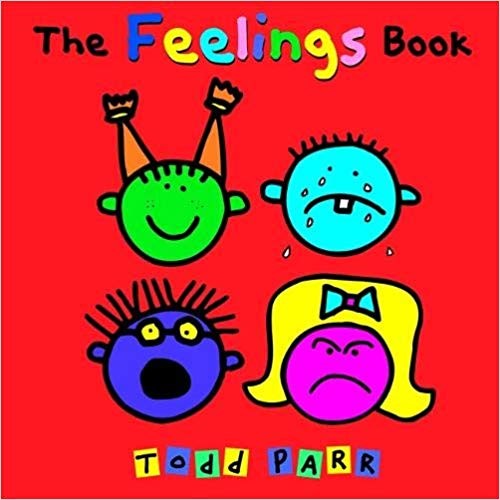A fascinating study in the journal, Emotion.
Crux is this: The more specifically a teen is able to describe her negative emotion, the better she is at adapting to stressful situations and the less likely to develop subsequent depression.
In other words, let’s say you have teenagers, Mark and Lisa, who are being bullied at school.
Mark is feeling ashamed, guilty, and loathes himself. But Mark just tells his parents, “I feel bad.”
Meanwhile, Lisa feels ashamed, guilty, and loathes herself, but tells her parents, “I’m ashamed, guilty and loathe myself.”
Lisa is less likely to develop depression from that bullying.
Researchers say that the ability to precisely describe what negative emotion you’re experiencing, right now, is protective from falling into depression later.
It’s called NED, or Negative Emotion Differentiation — “the ability to make fine-grained distinctions between negative emotions and apply precise labels.”
What’s particularly helpful about the study is that it addresses the chicken-egg situation.
In other words, are you less able to NED because you’re already depressed?
No, according to researchers. The ability to differentiate negative emotions seems to precede depression.
This should inspire parents to do all we can to encourage our kids to express their negative emotions. And as precisely as possible.
I think the Christian community might particularly struggle on this point.
There’s so much emphasis on our kids having the external “right attitude” that Christian kids are probably more likely to suppress their emotions.
But that doesn’t make sense.
God never tells his children to suppress our negative emotions with their heavenly father. Scripture has more laments than prayers of praise.
So what are some things we can do?
Start early. Give your kids a book like the one pictured above (The Feelings Book), which is a really awesome way at getting your kids to feel comfortable sharing every feeling they have.
And then always remember, as the awesome Janet Lansbury often points out, kids express negative emotions around you because they feel comfortable with you.
And that’s a huge gift you’re giving them.

